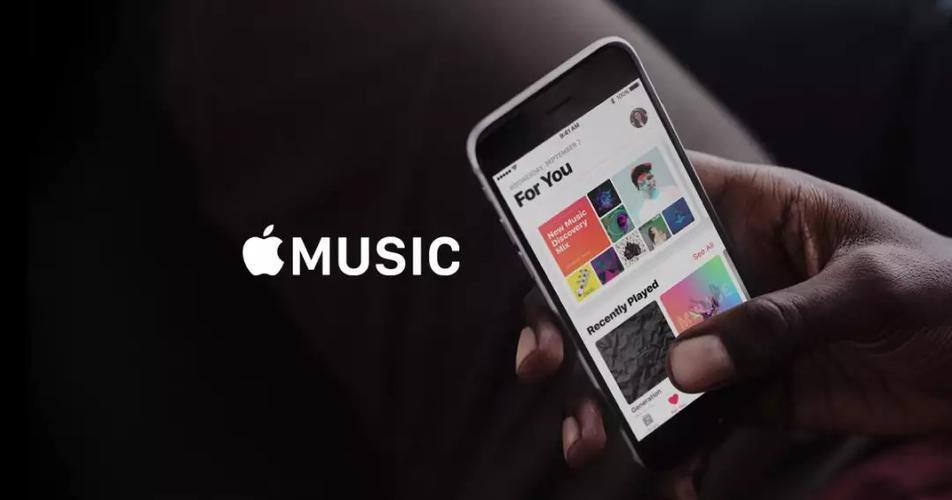区块链对音乐有影响吗英文怎么说
Title: The Impact of Blockchain on the Music Industry
Blockchain technology has indeed made significant inroads into various sectors, and the music industry is no exception. Let's delve into how blockchain is influencing the music landscape.
1. Transparency and Fair Royalties Distribution:
Blockchain's decentralized nature allows for transparent and immutable records of music ownership and transactions. This transparency can ensure that artists receive fair compensation for their work.
Smart contracts enable automatic royalty payments based on predefined terms, eliminating intermediaries and reducing the risk of royalty disputes.
2. Copyright Protection:
Immutable timestamping on blockchain can establish proof of ownership and creation date, aiding in copyright protection.
Platforms like Mediachain (now part of Spotify) utilize blockchain to create a decentralized database linking digital content to its creator, enhancing copyright attribution.
3. Direct ArtisttoFan Interaction:
Blockchainpowered platforms enable direct interaction between artists and fans, cutting out intermediaries like record labels and streaming services.
Artists can engage with their audience, offer exclusive content, and receive direct payments for their music.
4. Tokenization of Assets:
Tokenization allows artists to tokenize their music rights, enabling fractional ownership and the creation of new revenue streams.
Fans can invest in music catalogs, earning dividends from royalties generated by the songs they've invested in.
5. Music Licensing and Distribution:
Blockchain facilitates transparent and efficient licensing processes by providing a decentralized database of music rights ownership.

Platforms like Ujo Music and Voise leverage blockchain to simplify music licensing and distribution, reducing costs and complexities.
6. AntiPiracy Measures:
Blockchain's immutable ledger can help track and prevent unauthorized distribution of copyrighted music.
Projects like Binded use blockchain to create a permanent record of ownership for digital content, deterring piracy.
7. Crowdfunding and Support for Emerging Artists:
Blockchainpowered crowdfunding platforms allow fans to directly support emerging artists by investing in their projects or purchasing future royalties.
This direct support can help independent artists fund their music production and marketing efforts.
8. Data Management and Transparency:
Blockchain enhances transparency in music streaming by providing accurate data on plays and royalties.
Projects like Mycelia and dotBC aim to create a decentralized infrastructure for managing music rights and metadata, ensuring fair compensation for all stakeholders.
Conclusion:
Blockchain technology is revolutionizing the music industry by addressing longstanding issues such as royalty transparency, copyright protection, and direct artisttofan engagement. As the industry continues to embrace blockchain solutions, we can expect a more equitable and efficient music ecosystem that benefits artists, fans, and stakeholders alike.
This transformative impact underscores the potential of blockchain to reshape traditional industries and empower creators in the digital age.











